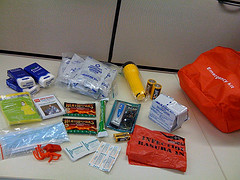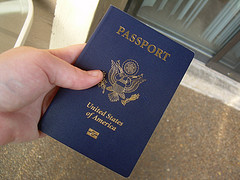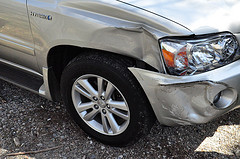 The U.S. Travel Association recently indicated that mature travelers (those who are 65 years of age or older) represent 21 percent of all leisure travelers in 2010. In addition, multi-generational vacations are becoming more common – this is where grandparents are traveling with their children and grandchildren, often with the older generation picking up more of the tab due to the tight economy.
The U.S. Travel Association recently indicated that mature travelers (those who are 65 years of age or older) represent 21 percent of all leisure travelers in 2010. In addition, multi-generational vacations are becoming more common – this is where grandparents are traveling with their children and grandchildren, often with the older generation picking up more of the tab due to the tight economy.
U.S. seniors are more active than in generations past. They are also more physically fit and more able to afford vacations. And, as they join the ranks of the retired, they have more time on their hands for exploring.
What travel insurance protections are most important to senior travelers?
- While seniors have fewer concerns about having to cancel their trip due to work conflicts, they may still face a situation where they are forced to cancel a long-planned trip due to other reasons. Trip cancellation coverage helps travelers who have to cancel trips due to illness (your own, or that of a family member), natural disasters (such as tornadoes and hurricanes that destroy your destination), financial default of a travel supplier (such as a cruise operator), and even school year extensions (if you’re traveling with the grandkids).
- Trip interruption coverage is a little different – this coverage lets a traveler abandon their trip after it has started and even return to the trip if there’s time left. This coverage is useful in situations where you have to return home, perhaps to visit a sick relative or take care of an issue back home. It reimburses up to 150% of your unused trip costs and provides additional money for return airfare if you have to end your trip for a covered reason (the reasons are outlined in the policy certificate and listed for plans on this page).
- Medical coverage is crucial for travelers – especially senior travelers. U.S.-based health insurance coverage, including Medicaid, does not extend beyond American borders. So any travel outside our borders is subject to the rules and payments of that country. This coverage provides money for medical benefits, emergency transportation, physician charges, drugs, X-rays, and more.
- Evacuation and repatriation coverage is vital for travelers as well and not simply for the evacuation expenses, which can be very expensive. This coverage pays for medically necessary evacuations or the repatriation of a traveler’s remains to their home country. In addition, this coverage usually provides for a chaperoned return of minor children and bringing a friend or relative to your hospital bedside. If you’re traveling alone with the grandkids, you can’t ask for a better safety net.
See our complete Senior Travel Insurance Buying Guide to understand the common risks for senior travelers, a list of useful coverage, and the best travel insurance plans for seniors.






